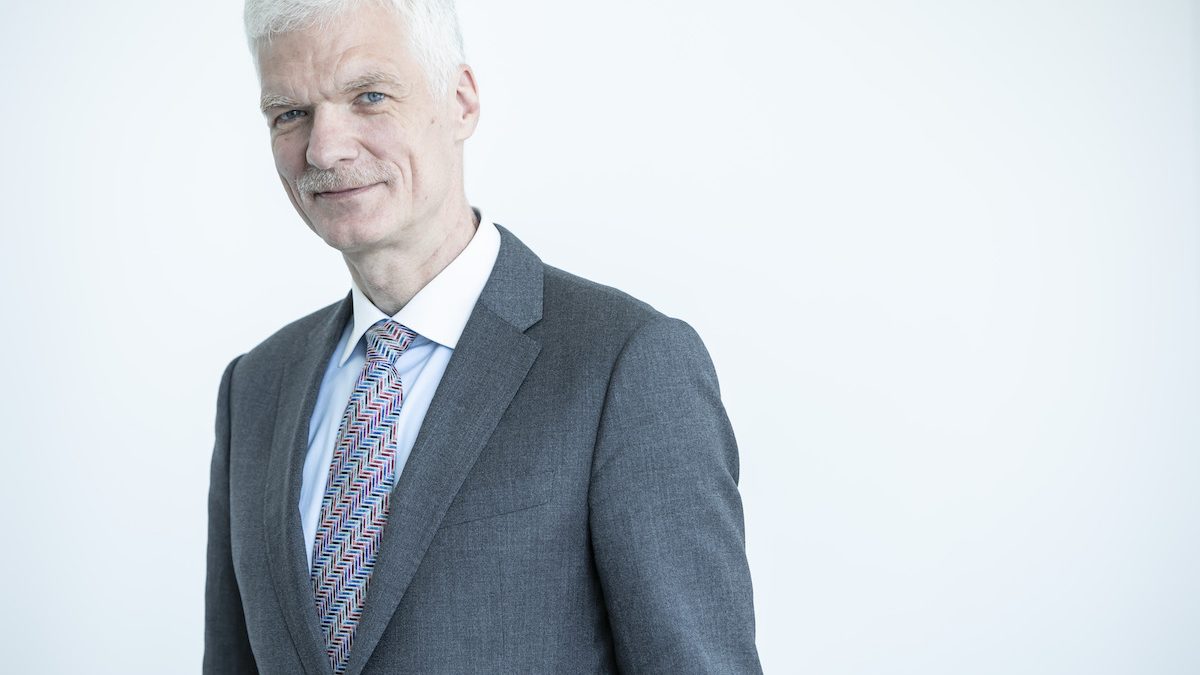Globalisation and digitalisation have connected people, cities, countries and continents in ways that vastly increase our individual and collective potential. But the same forces have also made the world more volatile, more complex, more uncertain and more ambiguous.
In this world, education is no longer just about teaching students something, but about helping them
to develop a reliable compass and the tools to navigate ambiguity. Literacy in the 20th century was about extracting and processing pre-coded and – for school studentsusually carefully curated information; in the 21st century, it is about 2018 assessment where just 10.4 per cent of Scottish 15-year-olds were able to reliably distinguish fact from opinions, a figure that has stayed remarkably similar over the last 20 years.
We live in this world in which the kind of things that are easy to teach and test have also become easy to digitise and automate. The future is about pairing the artificial intelligence of computers with the cognitive, social and emotional skills and values of humans. It’s going to be our imagination, our awareness and our sense of responsibility that will help us harness technology to shape the world for the better.
The fact that advancements in literacy skills have fallen sharply behind the evolution of the nature of information has profound consequences in a world where virality seems sometimes privileged over quality in the distribution of information. In the “post-truth” climate in which we now find ourselves, assertions that “feel right” but have no basis in fact become accepted as fact.
Algorithms that sort us into groups of like-minded individuals create social media echo chambers that amplify our views and leave us insulated from opposing arguments that may alter our beliefs. These virtual bubbles homogenise opinions and polarise our societies; and they can have a significant – and adverse – impact on democratic processes.
Those algorithms are not a design flaw; they are how social media work. There is scarcity of attention, but an abundance of information. We are living in this digital bazaar where anything that is not built for the network age is cracking apart under its pressure.
So, tomorrow’s schools need to help students think for themselves and join others, with empathy,
in work and citizenship. They will need to help them develop a strong sense of right and wrong, a sensitivity to the claims that others make on us, and a grasp of the limits on individual and collective
action.
At work, at home and in the community, people will need a deep understanding of how others live, in different cultures and traditions, and how others think, whether as scientists or artists.
We need to develop first-class humans, not second-class robots
The growing complexity of modern living, for individuals, communities and societies, means that the solutions to our problems will also be complex: in a structurally imbalanced world, the imperative of reconciling diverse perspectives and interests, in local settings but with often global implications, means we need to become good in handling tensions and dilemmas.
Striking a balance between competing demands – equity and freedom, autonomy and community, innovation and continuity, efficiency and democratic process – will rarely lead to an either/or choice or even a single solution. We need to think in a more integrated way that recognises interconnections, our capacity to navigate ambiguity has become key.
Creativity in problem solving requires our capacity to consider the future consequences of our actions, with a sense of responsibility and with moral and intellectual maturity, so that we can reflect on our actions in the light of experiences and personal and societal goals. The perception and assessment of what is right or wrong, good or bad in a specific situation is about ethics.
That brings us to the toughest challenge in modern education: it’s about how we incorporate
values into education. Values have always been central to education, but it is time that they move from implicit aspirations to explicit education goals and practices, so they help communities shift from situational values – meaning “I do whatever a situation allows me to do” – to sustainable values that generate trust, social bonds and hope.
If education doesn’t build foundations under people, many will try to build walls, no matter how self-defeating that will become. The bottom line is, if we want to stay ahead of technological
developments, we have to find and refine the qualities that are unique to our humanity, and that complement, not compete with, capacities we have created in our computers, schools need to develop first class humans, not second-class robots.
But to transform schooling at scale, we need not just a radical, alternative vision of what students
need to learn, but also effective learning environments in which those knowledge, skills, attitudes
and values are developed.
Our current schools were invented in the industrial age, when the prevailing norms were standardisation and compliance, and when it was both effective and efficient to educate students in batches and to train teachers once for their entire working lives.
The curricula that spelled out what students should learn were designed at the top of the pyramid,
then translated into instructional material, teacher education and learning environments, often through multiple layers of government, until they reached and were implemented by individual teachers in the classroom.
This structure, inherited from the industrial model of work, makes change in a fast-moving world
far too slow. The changes in our societies have vastly outpaced the structural capacity of our current education systems to respond.
This is not accomplished just by letting a thousand flowers bloom; it requires a carefully crafted enabling environment that can unleash teachers’ and schools’ ingenuity and build capacity for change.
It requires leaders who tackle institutional structures that too often are built around the interests and habits of educators and administrators rather than learners, leaders who are sincere about social change, imaginative in policy making, and capable of using the trust they earn to deliver effective reforms.




